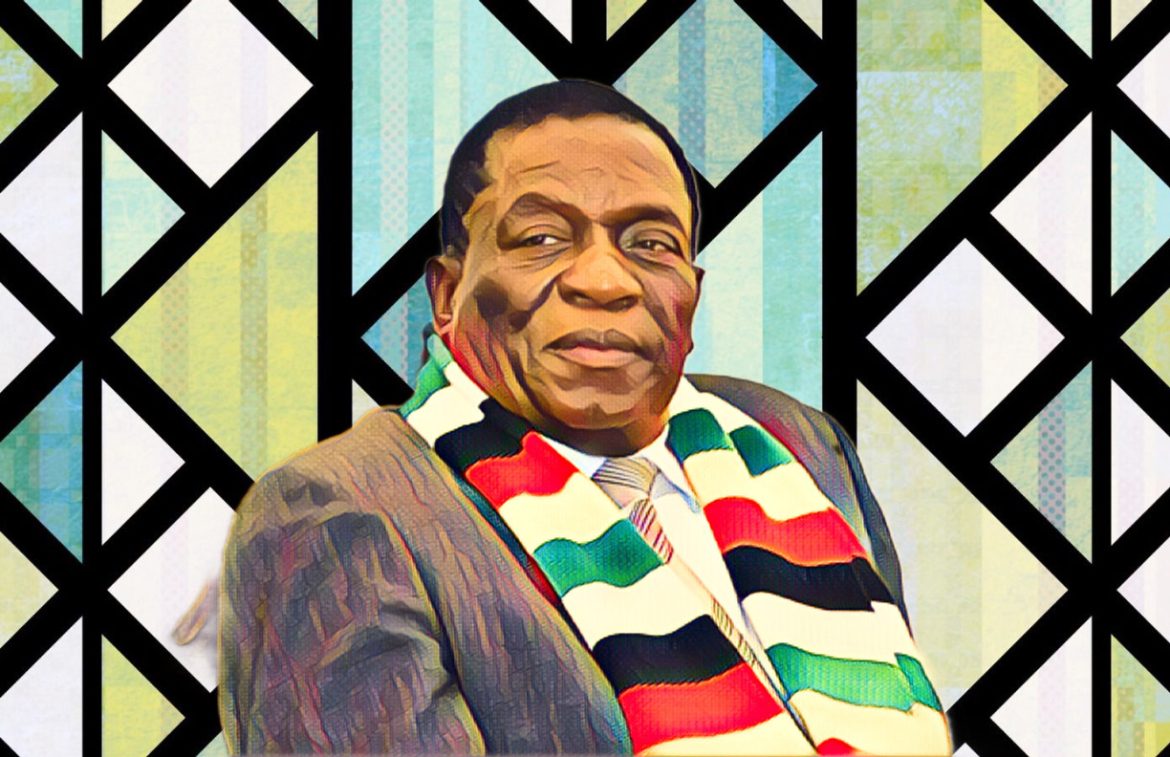Key points
-
War veterans reject Mnangagwa’s title deed land scheme.
-
They accuse Tagwirei of using banks to seize farmers’ land.
-
Ex-combatants take government to court over land policy.
Zimbabwe’s war veterans are mounting resistance to President Emmerson Mnangagwa’s new land tenure programme, saying it undermines the gains of land reform.
The policy requires farmers to switch from 99-year leases to title deeds and to pay a $500 levy per hectare.
Government officials say the funds will help compensate former white farmers displaced during the fast-track land reform programme.
War veterans argue the scheme places an unfair financial burden on farmers and risks pushing them into debt.
They also accuse Mnangagwa of trying to privatise land, which they consider the most sacred outcome of the liberation war.
Tagwirei’s role sparks criticism
The backlash has intensified since Mnangagwa appointed businessman Kudakwashe Tagwirei to chair the Land Tenure Implementation Committee.
Tagwirei, who is under U.S. sanctions, is accused by critics of using the programme to benefit political and business elites.
At a meeting in Bulawayo, the Zimbabwe National Liberation War Veterans Association resolved to reject the land regularisation process.
Association leader Andrease Mathibela urged ex-combatants to remain united and resist what he described as “the selling of land.”
“Land is the ultimate prize of our liberation,” Mathibela said. “It must remain the heritage of all Zimbabweans.”
Court fight adds pressure
Beyond public rallies, war veterans have also taken the matter to court. The War Veterans Pressure Group Trust filed a case challenging the legality of the programme.
In court papers, veteran Joseph Chinguwa argued the policy violates Zimbabwe’s Constitution, which nullified all previous title deeds after land reform. He asked the court to declare that land cannot be privatised without an Act of Parliament.
“The Constitution is the supreme law of the land,” Chinguwa said in his affidavit. “Any policy inconsistent with it must be struck down.”
A political test for Mnangagwa
For Mnangagwa, the dispute with war veterans represents more than a policy disagreement. The ex-combatants have long been a core support base for the ruling Zanu PF. Losing their backing could weaken his political standing as the country faces deepening economic pressures.
Analysts warn the $500 levy could leave many small farmers unable to sustain production. Critics argue the plan risks turning land reform into a cycle of debt and dispossession, while enriching banks and connected elites.
Mnangagwa’s government, however, maintains the levy is a necessary step to settle obligations to former farmers. Officials argue the compensation deal signed in 2020 must be honoured to restore confidence in Zimbabwe’s agricultural sector.
Heritage or debt?
The battle over land reflects Zimbabwe’s ongoing struggle to balance its liberation legacy with economic realities.
War veterans say they will continue to fight against what they see as the privatisation of land. For them, the issue is not just financial — it is about preserving the heritage they fought for during the liberation struggle.
As the court challenge proceeds and resistance grows, the government faces a difficult test: how to raise compensation funds without alienating those who view land as the most important symbol of independence.


